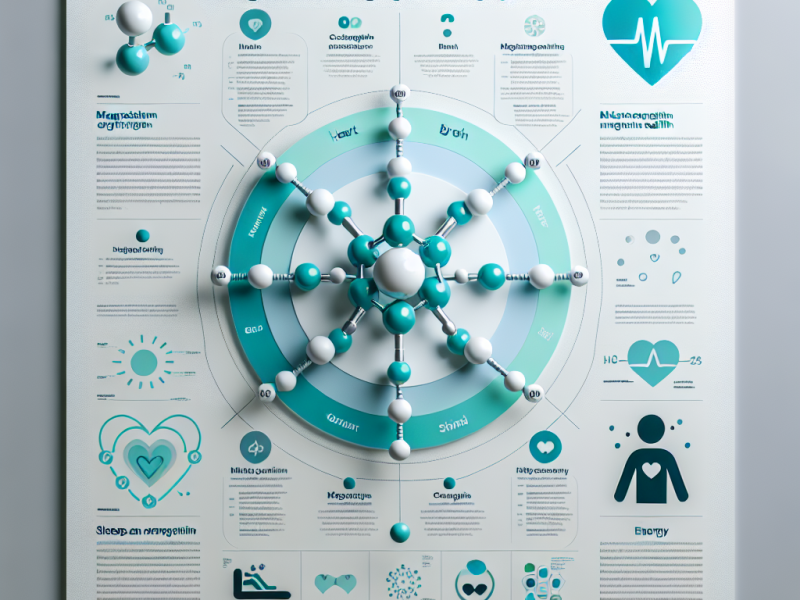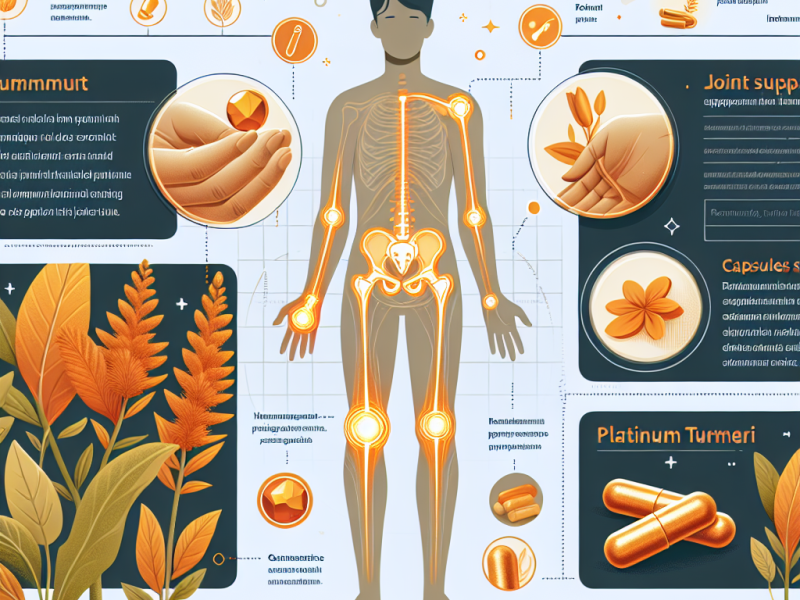Plant-based multivitamin benefits
Enhanced Bioavailability
Let’s think for a moment about what makes plant-based multivitamins stand out. One of the main advantages is their bioavailability. This means your body can absorb and use these nutrients more effectively. When vitamins come from real foods, our bodies recognize and utilize them better than synthetic ones. It’s like comparing homemade soup to canned soup. While both can be nutritious, homemade just seems to hit the spot a bit better, right?
Personally, I’ve felt a noticeable difference since switching to plant-based multivitamins. My energy levels seem steadier, and I’ve had fewer digestion issues. It’s as if my body just “gets” these natural nutrients and knows exactly what to do with them. It’s a refreshing change if you ask me.
Some experts even argue that this increased bioavailability can lead directly to better overall wellness. When your body efficiently absorbs what you’re putting into it, every system can work optimally. Think of your body like a well-oiled machine; the better the fuel, the smoother the ride.
Fewer Additives and Fillers
Have you ever picked up a bottle of synthetic multivitamins and glanced at the ingredient list? It’s often a long list, full of things you can’t pronounce. Plant-based options, on the other hand, tend to have fewer additives and fillers. This simplicity in the ingredient list can be a big win for those of us trying to minimize our intake of unnecessary chemicals.
For example, I used to struggle with mild allergic reactions and discomfort from synthetic supplements. Switching to a plant-based option reduced these issues dramatically. It’s amazing what cutting out some of those fillers can do for your overall well-being.
And it’s not just about allergies. There’s a peace of mind that comes with knowing exactly what’s going into your body. Fewer additives mean fewer unknowns and a cleaner supplement routine. It’s a straightforward and honest approach to taking care of our health.
Environmental Footprint
Another huge benefit that often gets overlooked is the environmental impact. Plant-based multivitamins generally have a smaller carbon footprint compared to their synthetic counterparts. The production processes tend to be more eco-friendly, and many of these products use sustainably sourced ingredients.
I’ve become much more conscious of my environmental impact over the years. It feels good to know that my health choices can also be beneficial for the planet. Plus, supporting companies that prioritize sustainability aligns with my values, making me feel even better about my choices.
Ultimately, the shift towards plant-based multivitamins is a step towards not just better personal health, but also a healthier planet. It’s a win-win situation that more people are starting to embrace, and for good reason.
Plant-based vitamins vs synthetic
Nutrient Density
When comparing plant-based vitamins to synthetic ones, nutrient density is a critical factor. Plant-based multivitamins harness the power of whole foods and are packed with a wider array of nutrients found naturally in those foods. This aspect ensures that you’re getting a spectrum of vitamins and minerals tailored by nature itself.
Personally, I’ve found that the holistic approach of plant-based vitamins feels more comprehensive. It’s like the difference between eating an apple and taking a vitamin C pill. The apple provides fiber, antioxidants, and other phytonutrients, whereas the pill offers just one isolated nutrient.
This nutrient synergy can lead to better health outcomes. When our bodies receive vitamins and minerals in their natural combinations, we often experience enhanced benefits. It’s the complete package, something synthetic vitamins can’t quite replicate.
Source Transparency
One of the perks of plant-based vitamins is the transparency of their sources. Many companies producing these supplements are proud to showcase where their ingredients come from. This openness allows consumers to make informed decisions about what they’re putting into their bodies.
In my experience, I’ve seen a clear shift from brands towards greater transparency. Labels now often include information about sourcing, and some even provide details on farming practices. This honesty is not just refreshing but crucial for building trust with consumers.
With synthetic vitamins, the origins of ingredients can be a bit murkier. Knowing that my supplements are derived from recognizable, real foods gives me peace of mind and confidence that I’m making a healthier choice.
Potential Side Effects
One of the downsides of synthetic vitamins can be their potential side effects. When nutrients are isolated and manufactured, they may not interact with our bodies in the same way naturally-derived vitamins do. This can sometimes lead to digestive issues, headaches, or other unpleasant symptoms.
I’ve had firsthand experience with this issue. Before I made the switch to plant-based, I frequently dealt with stomach discomfort from synthetic multivitamins. It wasn’t until I tried plant-based alternatives that I realized not all supplements had to be a struggle.
Plant-based multivitamins tend to be gentler on the body, as they’re absorbed more naturally. And that’s a game-changer. When you can take your daily vitamins without dreading potential side effects, maintaining your routine becomes a breeze.
Multivitamins for immune support
Role of Vitamins in Immune Function
Vitamins play a fundamental role in supporting our immune function. Key vitamins like Vitamin C, D, and E are critical for various immune processes. They help to protect cells, maintain healthy skin, and support the production of immune cells, which are all essential for a robust immune system.
From my own experience, ensuring I get these crucial vitamins has significantly boosted my immune resilience. Whenever I feel a cold coming on, I up my intake of Vitamin C through fruits and supplements, and I can often ward it off before it really takes hold.
It’s important to note that while single vitamins are important, the synergy between different nutrients matters too. Plant-based multivitamins harness this synergy, providing a well-rounded support system for your immunity.
Antioxidants and Immune Health
Antioxidants are another significant player in the realm of immune health. They help to neutralize free radicals, which can damage cells and lead to inflammatory responses. Vitamins like A, C, and E are potent antioxidants found abundantly in plant-based multivitamins.
I’ve noticed the difference in my body’s response to stress and illness since incorporating antioxidant-rich plant-based vitamins into my routine. It feels like my body has an extra layer of defense against the daily wear and tear.
Incorporating foods and supplements rich in antioxidants can make a tangible difference in how we feel day-to-day and our overall long-term health. It’s a proactive step towards maintaining a resilient immune system.
Prebiotics and Probiotics
Many plant-based multivitamins also include prebiotics and probiotics, which are essential for gut health. A healthy gut is critical for a strong immune system since a significant portion of our immune cells reside there. Prebiotics feed the good bacteria, while probiotics replenish them.
Personally, I’ve found that supplements that include these elements have improved my digestive health and, by extension, my immune health. It’s like giving your gut a helping hand; the better your digestive system works, the better your entire body functions.
Overall, the inclusion of these components provides a holistic approach to immune support. It’s not just about fighting off colds; it’s about creating an internal environment that supports continuous growth and regeneration.
Impact of plant-based vitamins on organ health
Heart Health
Let’s dive into how plant-based multivitamins can support heart health. Key vitamins like B6, B12, and folic acid play a significant role in maintaining cardiovascular health. These vitamins help reduce homocysteine levels, which, when elevated, can lead to heart disease.
Since shifting to plant-based supplements, I’ve noticed my cholesterol levels and blood pressure have become more balanced. It feels like my heart is running more efficiently, akin to a well-maintained engine.
Including these heart-supporting vitamins in your diet, supplemented by plant-based multivitamins, can be a proactive step towards maintaining a healthy ticker. It’s a small daily commitment for long-term cardiovascular benefits.
Liver Function
The liver is another crucial organ that benefits from the intake of plant-based vitamins. Vitamins like C and E, along with antioxidant-rich food sources, help protect the liver from oxidative stress. These vitamins support the liver in performing its vital functions like detoxification and metabolism.
In my own experience, I’ve noticed improved digestion and a general sense of physical well-being since incorporating liver-supportive vitamins into my routine. It’s like my body feels cleaner and more efficient overall.
A healthy liver means better digestion, enhanced immunity, and an overall sense of vitality. Plant-based multivitamins can provide the necessary support to ensure this organ functions optimally.
Kidney Health
Lastly, let’s talk about the kidneys. These powerhouses filter out toxins and excess substances from our blood. Plant-based multivitamins often contain nutrients that assist in maintaining kidney health, such as Vitamin D and magnesium.
I’ve seen the benefits firsthand; regular intake of these vitamins can help prevent kidney stones and promote overall kidney function. It’s especially important to support these organs, given their critical role in our overall health.
Supporting kidney function can lead to better toxin elimination and an overall sense of well-being. Plant-based multivitamins offer a comprehensive approach to ensuring your kidneys stay in tip-top shape.
FAQs
Are plant-based multivitamins better absorbed by the body?
Yes, plant-based multivitamins generally have higher bioavailability, meaning they are better absorbed and utilized by the body compared to synthetic vitamins.
Do plant-based multivitamins have fewer side effects?
Many users report fewer side effects with plant-based multivitamins, particularly digestive issues, as they are derived from natural sources and contain fewer additives.
Can plant-based multivitamins support immune health?
Absolutely, plant-based multivitamins often contain essential vitamins and antioxidants that enhance immune function, providing support against infections and illnesses.
How do plant-based multivitamins benefit organ health?
They provide essential nutrients that support the health of major organs like the heart, liver, and kidneys, promoting overall well-being and proper functioning.



